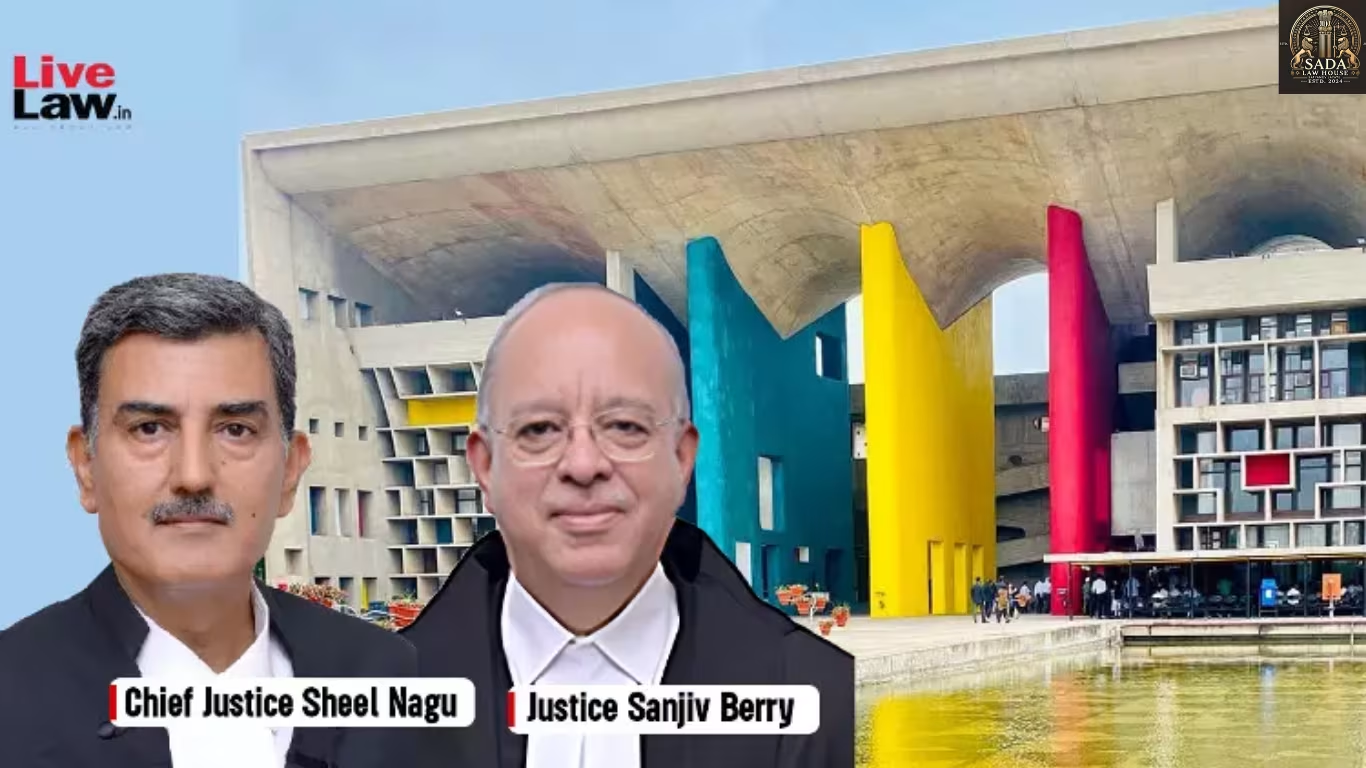Punjab & Haryana High Court Pulls Up Ex-Judge Alok Singh for Unjust Remarks Against Judicial Officer
- Kashak Agarwala
- 19 September 2025

Introduction
The Punjab and Haryana High Court has delivered a significant judgment censuring Justice (retd.) Alok Singh for making unsubstantiated adverse remarks in the Annual Confidential Report (ACR) of judicial officer Dr. Shiva Sharma. The remarks, made during a brief tenure as administrative judge, led to Sharma’s compulsory retirement in 2011 — a decision the High Court has now ruled as arbitrary, mala fide, and tainted by illegality.
Background
Dr. Shiva Sharma’s Career: Joined Haryana Civil Services (Judicial) in 1981; elevated to District & Sessions Judge in 2009.
Controversial ACR Entry: In 2009–10, Sharma’s performance was rated “very good.” But between November 2010–March 2011, Justice (retd.) Alok Singh downgraded him to “C-line doubtful integrity,” despite Sharma’s previously clean 30-year record.
Forced Retirement: Based on these remarks, the Haryana government ordered Sharma’s compulsory retirement in September 2011.
Sharma challenged the decision in 2012, asserting that the comments were baseless and subjective.
Court’s Observations
A Bench of Chief Justice Sheel Nagu and Justice Sanjiv Berry found it “implausible” that a judicial officer with a spotless 30-year record could suddenly be classified as doubtful in integrity within five months.
The Court noted the lack of due process, terming the decision “vitiated by illegality and arbitrariness.”
It stressed that compulsory retirement is not punishment but must be exercised with caution, after reviewing the entire service record.
Role of Justice Alok Singh
Justice (retd.) Alok Singh was administrative judge of Sirsa for only five months in 2010–11, after Justice (retd.) Vinod Kumar Sharma was transferred mid-year.
Within this short period, Singh recorded remarks severe enough to derail Sharma’s career.
The High Court held this evaluation was too brief and unreasonable to justify such drastic conclusions.
Legal Principles Restated
Compulsory Retirement: Permissible only when based on holistic review of service records, not on isolated, subjective impressions.
Objective ACR Entries: Adverse remarks must be evidence-based, fair, and proportionate.
Judicial Accountability: Even judges in administrative roles must exercise restraint, fairness, and responsibility in evaluating subordinates.
Sharma’s Relief
The Court agreed with Sharma’s contention that the adverse entry was arbitrary and mala fide.
His forced retirement was quashed, and his reputation restored after years of litigation.
The judgment reinforces that ACRs must be handled with diligence to protect the dignity of judicial officers.
Broader Implications
For Judicial Officers: Protects against arbitrary or malicious ACR entries that can irreparably damage careers.
For the Judiciary: Reaffirms that administrative powers must align with fairness, transparency, and accountability.
For Legal System Integrity: Ensures that justice is “seen to be done” not only in the courtroom but also in internal administrative processes.
Conclusion
The Punjab & Haryana High Court’s ruling against the arbitrary remarks of Justice (retd.) Alok Singh reaffirms the judiciary’s commitment to fairness and accountability. By restoring Dr. Sharma’s integrity, the Court has underscored that negative ACR entries must be backed by material evidence and objective evaluation. The case stands as a precedent that judicial officers cannot be subjected to career-ending consequences based on subjective or hasty assessments.






